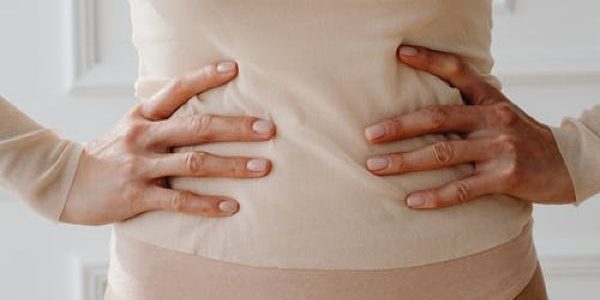
Bowel movements, periods and exercise: How to navigate the post-birth 6-12 weeks
During pregnancy, we spend most of our time preparing for baby’s arrival both physically and mentally. We do up the nursery, we write up a birth plan, we set our rules and boundaries with visitors and family…but we spend so much time worrying about the birth itself, that sometimes we forget about the post-birth care.
It’s natural to focus on the big event itself – the delivery, the pain, the joy – it has what seems like a lot of the big moments. But what a lot of mums tell you is that it’s the aftercare that’s the most important part of all. Caring for your body that has been through a traumatic event – no matter how much your birth went according to plan – is an essential step in your body’s recovery process.

But how do we actually care for our bodies? What are the necessary steps to have as smooth a road to recovery as possible?
Advice varies, from reconstructing your stomach muscles, to going to the bathroom for the first time. We hear conflicting advice from all the mothers around us, talking about tea tree gel, frozen sanitary pads, stool softeners…sometimes it can feel really overwhelming and difficult to know where to start.
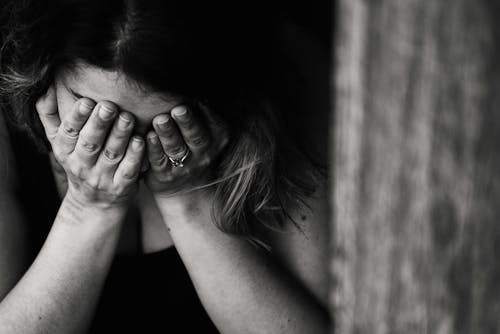
You will have a free check-up 6 weeks after the birth of your baby called the post-natal check which will be done by your GP or obstetrician, but what can you do in the meantime to ensure you’re feeling your best as soon as you can to spend more quality time with baby?
None of these will be overnight fixes – but they will help. Your body needs time to heal and recover from this major event that’s happened, so be careful and patient with yourself.
Periods
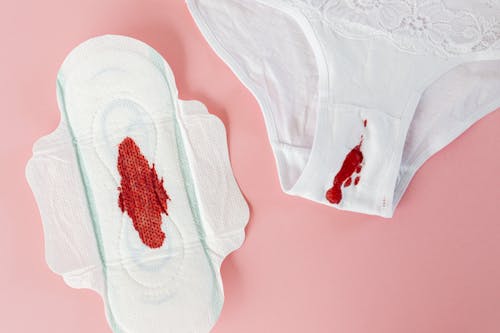
If you don’t get your period back right away, that is totally normal. Most mothers don’t see the return of their period until 6 months or more after giving birth, while others don’t get one until they stop breastfeeding.
Although your periods may not be happening, it is still possible for you to get pregnant during this time. If you don’t want to get pregnant, be sure to talk to your midwife or GP about contraception options.
Exercise

Being active after baby arrives is important, but it’s advised to go slow with your exercise and start off with light, midwife and physiotherapist-approved exercise. This kind of low-impact exercise is recommended for the first 6-12 weeks of your recovery so as not to injure yourself further.
If you experience any sort of leakage when you exercise, it’ important to contact your physiotherapist.
Bowel Movements
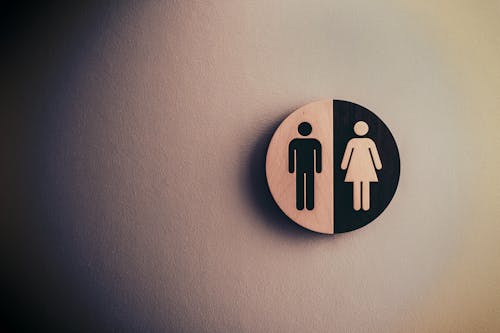
The first few bowl movements and passing of urine after giving birth can be difficult because your pelvic area and genitalia have gone through trauma. Peeing may sting for the first few days, so it’s recommended to drink lots of water to dilute it and reduce this pain. However, if it is difficult to pass urine, extremely painful or has a very strong smell, contact your midwife or GP immediately.
Bowel movements are also difficult after birth, particularly the first one. While it’s not recommended on the HSE’s website, many women advise using a stool softener for their first few bowel movements after giving birth. The HSE do recommend drinking lots of fluids and eating foods that are high in fibre. Fruit, vegetables, salad, wholegrain cereals and wholemeal bread are high in fibre which will allow for easier bowel movements.
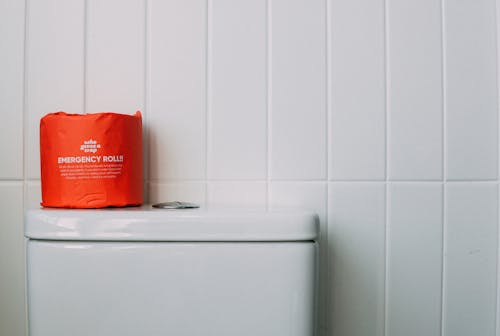
Relax your stomach to relax your pelvic floor, bend slightly forward on the toilet and put your feet on foot stools. Avoid pushing and breathe through it like you’re blowing bubbles. Talk to your GP or midwife if you go more than 3 days without a bowel movement.
Urine, faeces and flatulence may be difficult to control after birth. Incontinence is a common issue with women who have recently given birth and is nothing to be embarrassed about.
One way to combat this is to do pelvic floor exercises, before and after the birth to improve control of the bladder and anus. Doing anal sphincter squeezes can help with the control of wind and faecal urgency later on. Doing this in sets of 10, 3 times daily will help.
Contact your GP, public health nurse or physiotherapist if your symptoms do not improve in the 6 weeks after the birth.
Helping your vagina recover

During labour, the perineum – the space between you vagina and anus – stretches and in a lot of cases, tears. In some cases, the midwife or obstetrician may even need to make a surgical cut in this area during the birth, which is known as an episiotomy.
After giving birth, this area can be sore and swollen are particularly so if you had to have stitches put in. Regardless, this area needs a lot of post-birth care.
It’s essential that the area is kept as clean as possible by frequently changing your sanitary pads, keeping your hands clean and washing the area gently daily. If the wound becomes open or starts to ooze green or smelly fluid, it’s very important to contact your GP or midwife immediately.
That being said, a certain amount of discharge after birth is perfectly normal. The bloody discharge from your vagina after giving birth – which will change from bright red, to brown to yellow and then white – can last for up to 6 weeks and is called lochia. This is your body’s way of getting rid of the extra blood and tissue that was in your womb during pregnancy. If during exercise or strenuous activity you see a larger amount of blood than normal, it may be a sign you need to slow down.
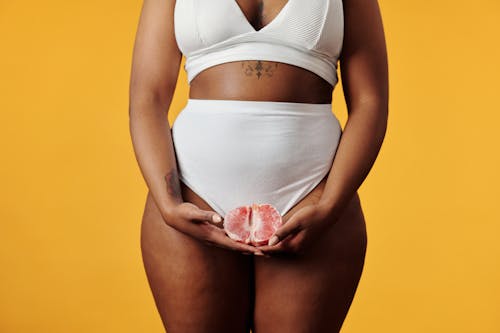
Using a pad is essential, as is staying away from tampons. Only use tampons again when your normal period is back.
You can use a pad. Don't use a tampon for postnatal bleeding. It is safe to use tampons when your regular periods are back. Some signs that you need to contact your GP or midwife in case of experiencing prolapse are:
heavy bleeding or large clots, especially if you feel dizzy or weak
your vagina starts to smell bad
feeling or seeing a bulge in your vagina
an uncomfortable feeling or a feeling of pressure in your pelvis
leaking of urine and difficulty holding onto urine when your bladder is full
feeling that you cannot completely empty your bladder
leaking of poo
feeling that you cannot fully empty your bowel, when you finish a poo you feel like it has not all come out
pain during sex or decreased sensation during sex
aching pains in your lower tummy or your lower back
Prolapse is when your pelvic organs – your womb, bowel or bladder – bulges into your vagina. It happens due to a weak pelvic floor, when the supporting tissues become lax. Contact your GP, physio or midwife if you think you may be experiencing prolapse.
(HSE)
